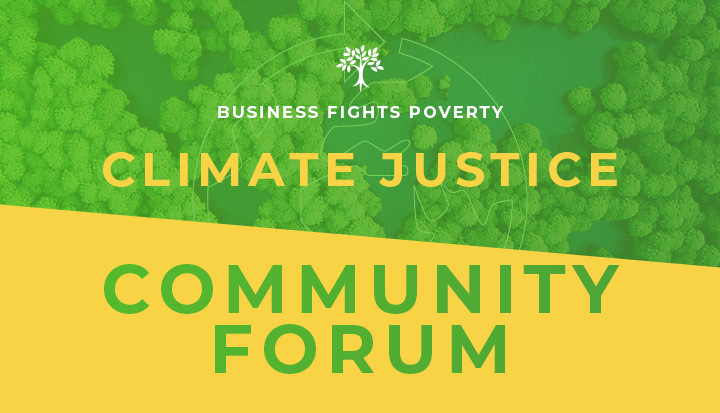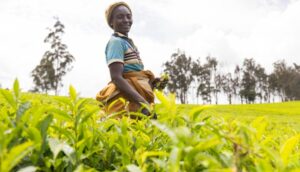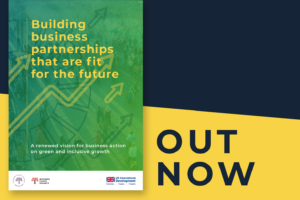When I returned from Kenya last August, one sentence particularly stuck in my mind. A Maasai farmer being interviewed about the impacts of tourism said: “Tourism is like clean water in a fast-flowing river that is rushing past, which we have no means to enter.” This view was widely shared by employees, beach sellers, community members, NGOs and other stakeholders we talked to during this first human rights impact assessment (HRIA) in the tourism sector. In 2012, we supported Kuoni, the Swiss travel company, to design and implement their first HRIA and I experienced first-hand the value of such a process for understanding business risk and defining a sustainable business strategy.
Assessing human rights impacts is a central component of the human rights due diligence process outlined in the UN Guiding Principles on Business and Human Rights. In order to be able to “know and show” how they respect human rights, companies need to first become aware of the actual and potential impacts their business activities and relationships have on human rights.
The Principles themselves give little guidance on how this should be done in practice. It is left to companies, and their partners, to design credible processes that do justice to the breadth and depth of human rights and are feasible for the business.
One important insight from the HRIA in Kenya was that local stakeholders and affected groups don’t want charity. What they want is to be able to earn a living through, and have a say in tourism development; be it a possibility to sell their farm produce to a hotel, to market their hand-made souvenirs to tourists or to have stable employment under fair and healthy conditions. Indeed, the inequality in the sharing of economic benefit was one of the top concerns, and negative impacts, identified in the assessment.
From a business perspective, it was particularly interesting to see the close alignment between the socio-economic development challenges and business interests. The unequal distribution of benefits from tourism, and the widespread exclusion from the tourism economy, are contributing factors to wider social and political unrest. In Mombasa, this unrest has seen the emergence of a secessionist movement and in Amboseli (a safari destination a four hour drive from Nairobi), wildlife in the rangelands surrounding the national park has been killed by Maasai aggrieved about the distribution of park revenues. The instability and outbreaks of conflict in tourist areas have impacted tourist numbers. Exclusion has also led to higher levels of tourist harassment e.g. by beach sellers who are pushing hard to sell their produce which in turn negatively affects the tourist’s experience. Other high-risk issues such as the sexual exploitation of children are also exacerbated by economic exclusion and enduring poverty.
The findings from the HRIA have emphasised the business argument for a proactive, inclusive and rights-respecting approach to doing business. The communities whose input was gathered by the HRIA had plenty of suggestions for how they could participate and benefit from tourism, and enabling them to do so would reduce risk and help to create a more stable business environment. A broader industry approach involving government and civil society would help to take such initiative to scale.
What does this tell us about the value of HRIA in general? For us it has shown that HRIA can be a powerful instrument that helps business shape their strategy while at the same time catalysing positive relationships with communities. This will not be possible without the direct involvement of and meaningful engagement with key stakeholders and affected groups, both in-country and internationally. In seeking to encourage such meaningful engagement with affected groups, the UN Guiding Principles promise to be transformative for business approaches in developing countries. We hope that more companies have the courage that Kuoni has proven to engage in such an effort.
Written by Madeleine Koalick, Consultant Social Sustainability and Human Rights at twentyfifty Ltd, ma***************@tw*********.de. twentyfifty provides values-led strategy, leadership and organisational change consultancy to help companies turn commitments to respecting human rights and sustainability into practice. For more on our approach and services visit our website www.twentyfifty.co.uk or contact us at in**@tw*********.uk.










